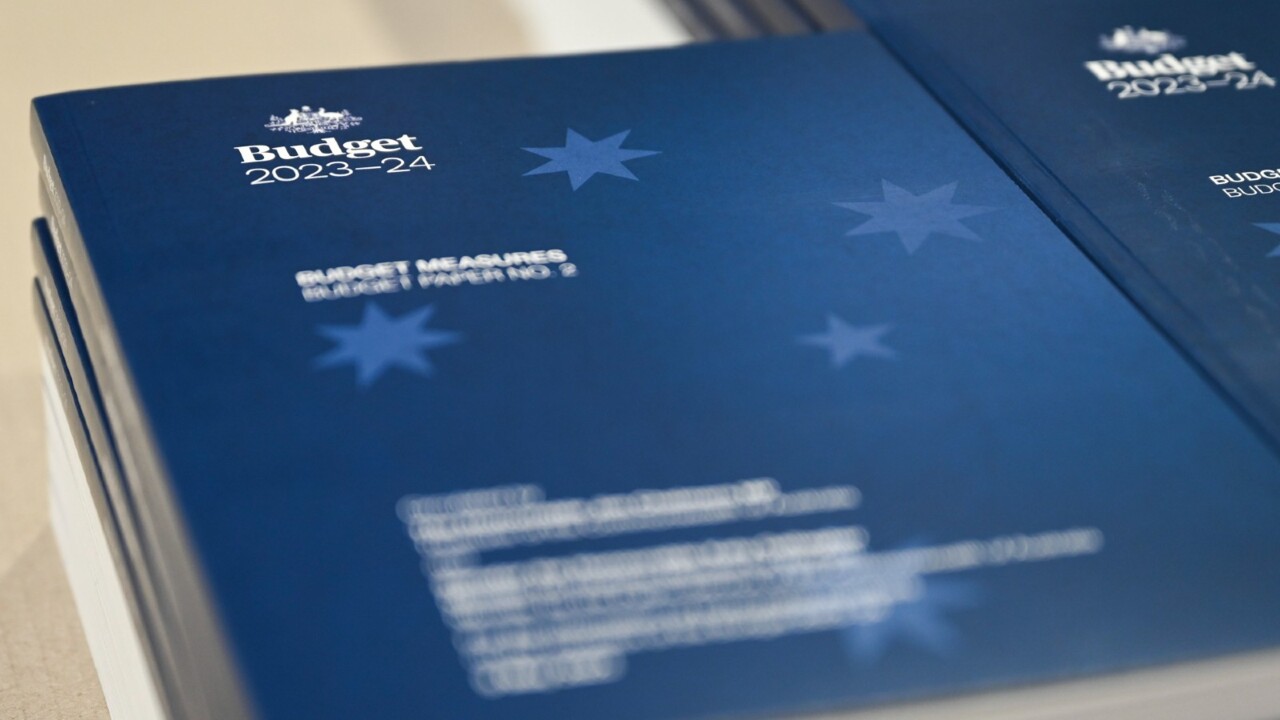The RBA should have gone harder
The RBA should have been emboldened to go harder this time around, to avoid more pain down the track.

Business
Don't miss out on the headlines from Business. Followed categories will be added to My News.
The Reserve Bank really should have hiked by 0.5 per cent and linked it directly to last Friday’s national wage decision.
To have put it simply and bluntly: you can have wage rises that chase inflation, but if so you will also have more punishing rate hikes.
The RBA’s relatively anodyne decision – just another 25-pointer - actually contained a huge, and I mean humungous, 180-degree shift in its perspective of the – seriously worsening - inflation risk.
This was captured in six words that have been central in every announcement over the last year or so and were not in Tuesday’s statement.
They were “medium-term inflation expectations remain well anchored”.
The reason is that they are no longer well-anchored; and the exact cause of that is last Friday’s wage decision, which took us to the very threshold of a wages-prices spiral.
As I explained yesterday, the raw decision to award 5.75 and 8.6 per cent wage increases would have been destabilizing enough.
But its coincidence with the coming hike in the superannuation guarantee levy means that the impact on business costs is more like 7 per cent and 10 per cent.
Add on the surge in energy costs for business, along with rents and indeed the costs to cash flow of the rate rises so far; and costs across the business sector are rising by the low-to mid-teen double digits already.
What do you think that’s going to do to inflation?
What do you think Friday’s wage decision is going to do to wage demands – especially from unions and workers that have industrial muscle?
In short, we now have a direct, head-to-head, conflict between what’s happening with wages and monetary policy; with interest rates.
It also will likely bring the RBA into direct conflict with Canberra.
Yes, as I explained at the time of the budget, this decision has got nothing to do with the budget. Idiot economists and a grasping-at-straws, otherwise vacuous, Liberal Party have been desperately trying to assert the budget was inflationary.
It was not. Treasurer Jim Chalmers was dead right Tuesday in rejecting the blame-the-budget claim.
But that certainly doesn’t let the government off the hook. Government policy more broadly, is a very different matter.
Its destroy-our-electricity industry insanity has sent prices soaring; its mad migration Ponzi is sending rentals rocketing; it’s promoting higher wage rises; indeed, its entire policy structure is anti-productivity and boosting inflation.
Chalmers should be careful at getting what he asks for. Tuesday, he was demanding the RBA explain its decision. He might find the answer punishing.
Right now, Governor Lowe is still – just - clinging to his “narrow path” to getting inflation down without sending the jobless rate rocketing higher.
I suggest he – and all of us – have already fallen off it.
We are likely to see the worst of all possible outcomes: wages rising in the 5-6 per cent, and higher, range, into an economy sliding into recession.
That’s to say, the RBA hiking further into recession.
We might get a pause in July. But the inflation data for the June quarter, released at the end of July, ahead of the August RBA meeting, will be utterly determinative.
Originally published as The RBA should have gone harder



